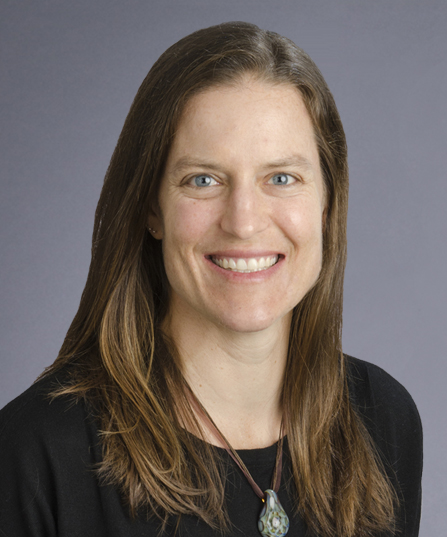
- jburney@ucsd.edu
-
School of Global Policy and Strategy
UC San Diego MC 0519

Jennifer Burney is an environmental scientist whose research focuses on simultaneously achieving global food security and mitigating climate change. She designs, implements, and evaluates technologies for poverty alleviation and agricultural adaptation, and studies the links between “energy poverty"—the lack of access to modern energy services—and food or nutrition security, the mechanisms by which energy services can help alleviate poverty, the environmental impacts of food production and consumption, and climate impacts on agriculture.
Much of Burney's current research focuses on the developing world, and she is particularly interested in the science, technology, and policy of short-lived climate pollutants and the role that mitigation of these compounds can play in meeting both climate and food security objectives.
Burney is a fellow at the Center on Food Security and the Environment at Stanford University and member of the National Geographic Explorers family. She leads the Science Policy Fellows Program at the School of Global Policy and Strategy. She received her PhD in physics from Stanford University.
Monitoring and Managing Food, Energy, and Water Systems Under Stress
Mapping Ozone Concentrations Combining Remote Sensing and ICT Ground Verification
Bias and Error in Econometric Analyses Using Spatial Data
An Integrated Carbon Offset Protocol for Improved Biomass Cookstoves
Adida, Claire L., Adam Chabi Bouko, Alex Verink, Ganz Chockalingam, and Jennifer Burney. 2018. “Pilot of a Mobile Money School Fee Payment System in Rural Benin.” PLOS One 13 (6): e0198240. https://doi.org/10.1371/journal.pone.0198240.
Alaofe, H., J. Burney, R. Naylor, and D. Taren. Forthcoming. "Prevalence of Anemia, Deficiencies of Iron and Vitamin A, and Their Determinants in Rural Women and Young Children from Northern Benin." Public Health and Nutrition.
Alaofe, H., J. Burney, R. Naylor, and D. Taren. 2016. "Solar-powered drip irrigation impacts on crops production diversity and dietary diversity in Northern Benin." Food and Nutrition Bulletin 37 (2).
Burney, J., and V. Ramanathan. 2014. "Recent climate and air pollution impacts on Indian agriculture." Proceedings of the National Academy of Sciences 111 (46).
Burney, J., S. Phillips, and J. Lahl. 2018. "Assessing the Productivity and Profitability of the Solar Market Garden." Development Engineering 3.
Collins, W. D., S. J. Davis, R. Bales, J. Burney, R. McCarthy, E. Rignot, W. Torre, and D. Victor. 2016. "Science and Pathways for Bending the Curve." Collabra 2 (1).
Heft-Neal, Sam, Jennifer Burney, Eran Bendavid, and Marshall Burke. 2018. "Robust Relationship Between Air Quality and Infant Mortality in Africa." Nature 559:254–58.
Kar, A., I. H. Rehman, J. Burney, P. S. Praveen, R. Suresh, L. Singh, V. K. Singh, T. Ahmed, N. Ramanathan, and V. Ramanathan. 2012. "Real-time Assessment of black carbon pollution in Indian households due to traditional and improved biomass Cookstoves." Environmental Science and Technology 46 (5).
Proctor, J., S. Hsiang, J. Burney, M. Burke, and W. Schlenker. 2018. "Estimating Global Agricultural Impacts of Geoengineering Using Volcanic Eruptions." Nature 560:7719.
Rypdal, M., V. Rypdal, J. Burney, D. Cayan, E. Bainto, S. Skochko, A. Tremoulet, J. Creamean, C. Shimizu, J. Kim, and J. Burns. 2018. "Clustering and Climate Associations of Kawasaki Disease in San Diego County Suggest Environmental Triggers." Scientific Reports, 8.
Sanford, L., and J. Burney. 2015. "Cookstoves Illustrate the Need for a Comprehensive Carbon Market." Environmental Research Letters 10 (8).
